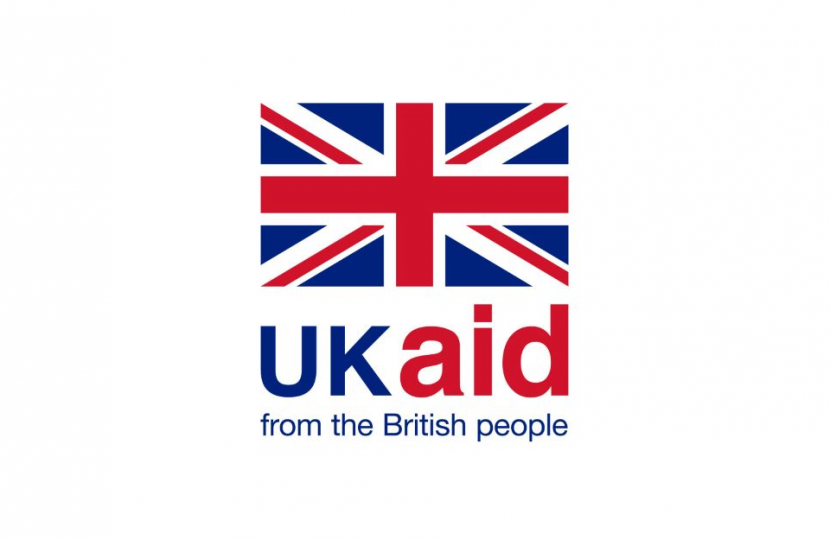
There was a debate in Parliament this week on the decision by the government to reduce temporarily taxpayer funding of overseas aid from 0.7% of GDP to 0.5% of GDP.
Richard Fuller, MP for North East Bedfordshire, said:
The UK’s commitment to increasing our foreign aid budget is exemplary and, indeed, since the UK attained the 0.7% of GDP level, other countries in the G7 have started to raise their levels to seek to meet the same proportion. I have been sceptical of the legal commitment to 0.7% as we have no other statutory commitment of taxpayers’ money. As the past year has shown, budgets need to be flexible to meet unexpected demands or changes in the ability of the government to raise taxes or borrow money to meet its commitments.
Even with this temporary cut, the UK remains the 3rd highest contributor to overseas aid of the G7 and it should be remembered that the quoted figures exclude the significant financial investment into COVAX, the global Covid vaccination effort. We have committed £548 million to COVAX to provide vaccines for poorer countries, which has now shipped 80 million doses to 125 countries and territories (market cost could be estimated to be £800 million if these countries had had to purchase those vaccines). We have also given the world the Oxford/AstraZeneca vaccine, which makes up 96% of the COVAX programme so far.
I support the decision of the Treasury for a temporary reduction. This is an important recognition of the pressures on public finances arising from COVID. These pressures are likely only to rise as we seek to repay some of the debts the government has taken on.
I applaud the efforts of Andrew Mitchell MP and former Prime Minister, David Cameron, who have championed the Conservative case in support of overseas aid. That commitment remains even with this temporary cut and I am hopeful we can return to the 0.7% level once again as public finances improve.
For more information on UK overseas aid, see the most recent government report.

